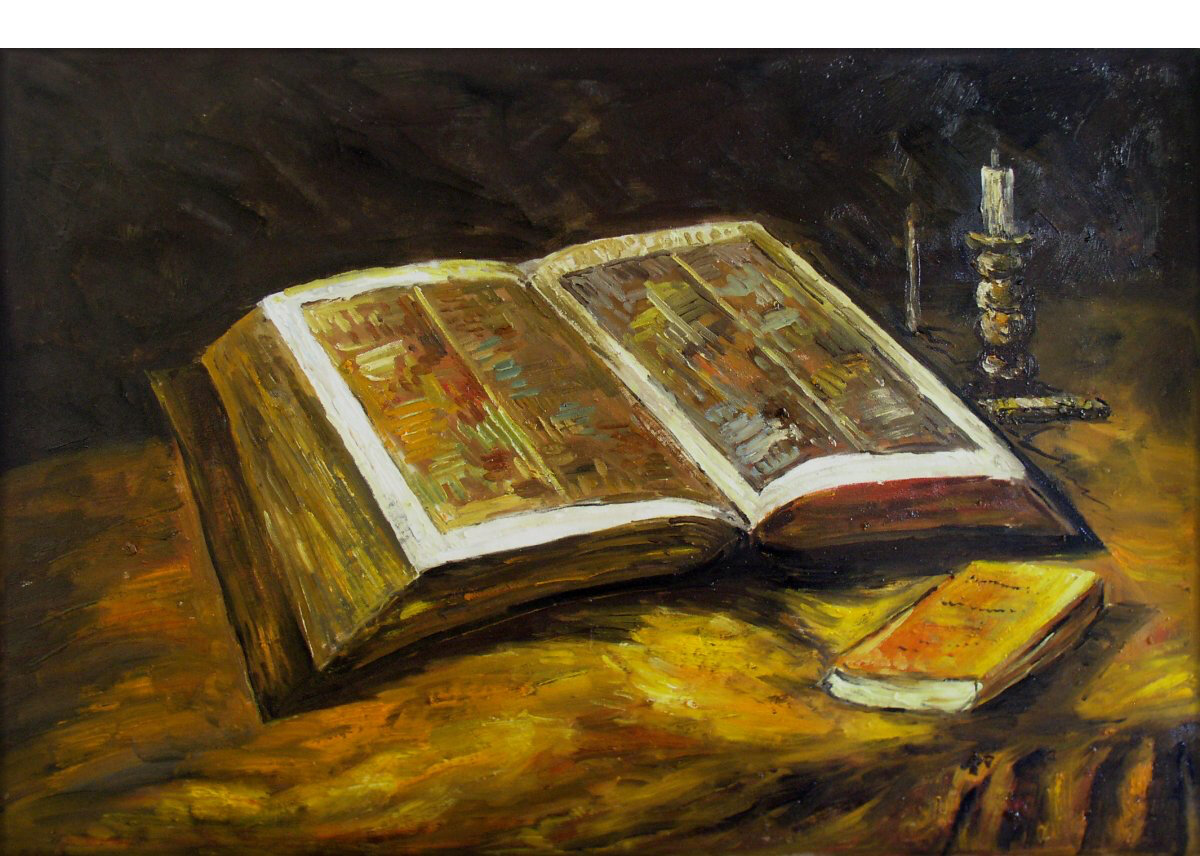
"Myth and the Bible" (Parts 1, 2) by Jeffery Small
When you hear the word “myth” associated with the Bible, what is the first thought that comes to your mind? Do you define the word “myth” to mean that the stories described are not factually true?
My reading of the Bible has undergone an evolution over the years. As a child, I was taught the various stories as if they were actual historical events. As my understanding of science and the world began to broaden, I saw that a literal reading of many of these stories was impossible. I came to view the Bible as myth, by which I meant non-historical stories that contained a moral message. Today, my understanding of the Bible as myth has taken another step. Although I still do not believe that many of the stories are historically or factually accurate (although they may be anchored in historical events), I view “myth” in a broader and more meaningful sense. Mythology is a form of literature that expresses fundamental truths in a way that ordinary discourse is inadequate to describe. Mythology adds a richness of detail and a concreteness to metaphorical language. Now when I refer to the stories in the Bible as mythology, I do not intend to do so pejoratively. Reading these stories as myths gives me the freedom to understand their underlying meaning in a way I never could before.
BE A SUPPORTER OF MR. SMALL’S WORK

